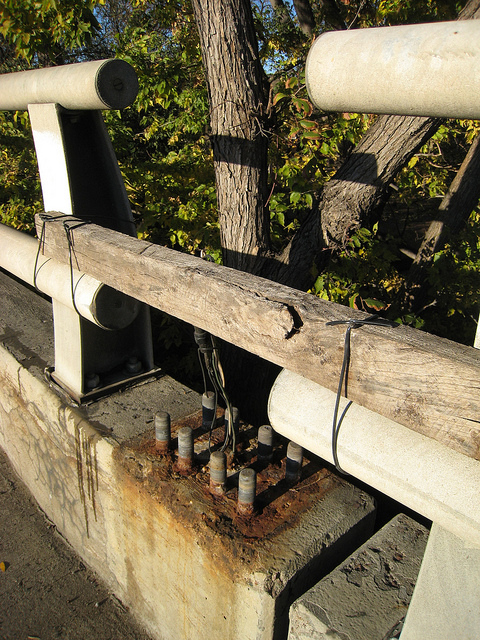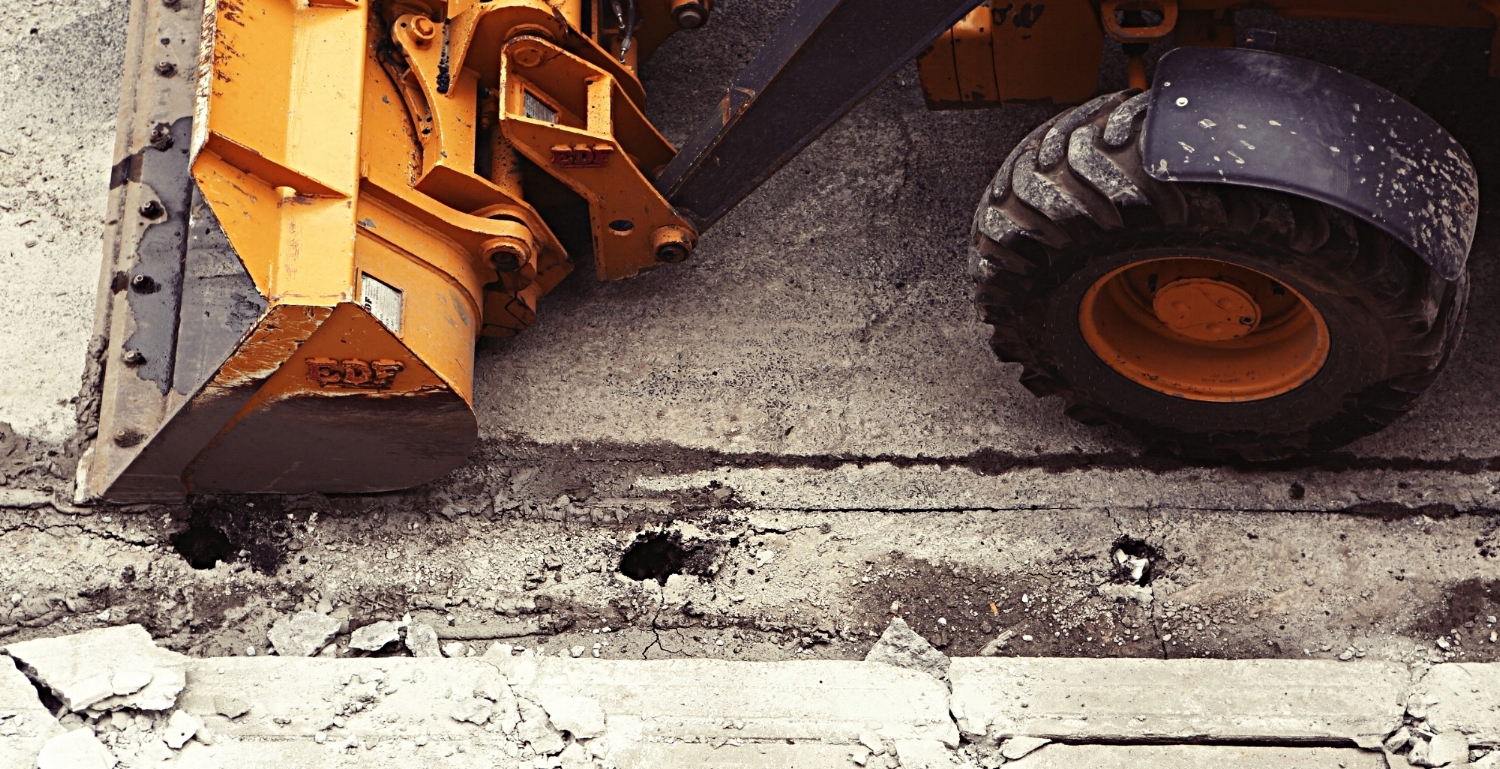Construction season is in full blossom this Spring, just in time for the launch of the annual National Work Zone Awareness Week. This year, National Work Zone Awareness Week will take place from April 9-13. It couldn’t have come at a better time as we all know that construction season brings some of the busiest and most dangerous times of the year for construction crews, especially on the treacherous Michigan roads This year’s theme for National Work Zone Awareness Week is, “Everybody’s Responsibility,” because, well, it’s everybody’s responsibility to be looking out for the construction crews, while driving their daily commutes.
In 2015, The National Work Zone Safety Information Clearinghouse reported that 34,506 people were injured in work zones. The reason for the high number of construction car accident injuries could be due to the fact that sometimes, work zones seem to appear out of nowhere, and drivers can’t stop or slow down in time to avoid a car crash. Construction areas can be set up overnight and therefore may be unexpected, and can cause unpredictable breaks in traffic flow. While everyone knows to expect construction come springtime and can look up where construction will be taking place in their towns so that they can try to avoid those routes, there are times that drivers may find themselves in construction zones anyway. For those occasions and in case some morning commutes can’t avoid driving through work zones, the Indiana Department of Transportation suggests the follows tips to navigate safely through work zones:
How to Safely Drive Through Work Zones
Take extra care to pay attention and expect the unexpected. Work Zone configurations can change without notice.
Don’t text or talk on the phone and avoid taking your hands off the wheel. Distracted driving has become a crisis on all roadways. Driver inattention is a leading cause of all highway crashes,
Watch for speed limit reductions, narrowing lanes, changing traffic patterns, and – most importantly – highway workers.
Respect the posted speed limits and safely merge as soon as safely possible as this will allow traffic to flow smoothly. Keep in mind, driving 45 MPH instead of 55 MPH through a 5 mile work zone will only add 1.2 minutes to your trip. Speeding and aggressive driving is a major cause of work zone crashes.
- Keep a safe distance on all sides of your vehicles and maintain a safe following distance. Rear-end collisions are the most common type of work zone crash.
Respect the flaggers and obey their guidance. Be patient when driving through work sites with flagger control.
Pay attention to the construction signing. Those signs are carefully selected to give drivers accurate information and important warnings.
Expect delays and allow extra travel time to travel through work zones.
Select alternate routes if possible to avoid the work zone completely.
Be patient and stay calm. Remember that the construction crews are working to make the road better for you!
Workzonesafety.org reported that in 2016, there were a total of 683 fatal car crashes that resulted in 765 fatalities. Construction crews alone had 143 fatalities in that year. Not all of these tips can prevent fatalities from construction site car crashes but they do help l bring awareness to the issue of work zone safety. This construction safety awareness combines with a list of all of the Michigan routes, Michigan construction sites, and Michigan construction zones that will be worked on in the 2018 year, posted by the State of Michigan, should help drivers take a careful and informed step toward preventing construction car accidents this spring and summer.
Construction workers risk their lives daily so that citizens can have sturdy infrastructure. Therefore, it’s our duty to drive as carefully around work zones as possible, to avoid car accidents and to avoid injuring construction workers. If you or anyone you know has been injured in a car accident of any kind, including a construction zone car crash, call The Michigan Law Firm, PC at 844.4MI.FIRM. Our experienced accident attorneys give free consultations to victims of car crashes.























